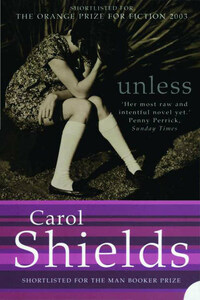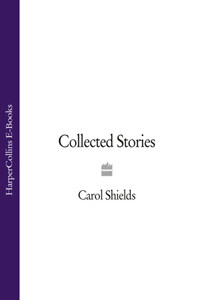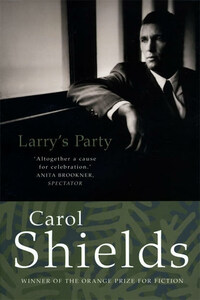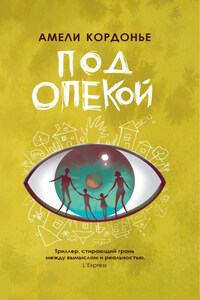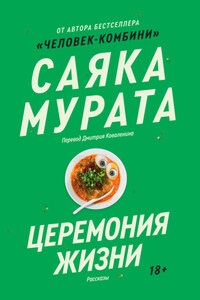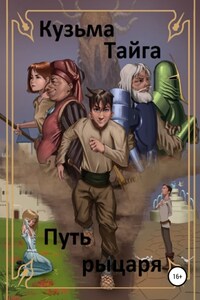IT HAPPENS THAT I am going through a period of great unhappiness and loss just now. All my life I’ve heard people speak of finding themselves in acute pain, bankrupt in spirit and body, but I’ve never understood what they meant. To lose. To have lost. I believed these visitations of darkness lasted only a few minutes or hours and that these saddened people, in between bouts, were occupied, as we all were, with the useful monotony of happiness. But happiness is not what I thought. Happiness is the lucky pane of glass you carry in your head. It takes all your cunning just to hang on to it, and once it’s smashed you have to move into a different sort of life.
In my new life—the summer of the year 2000—I am attempting to “count my blessings.” Everyone I know advises me to take up this repellent strategy, as though they really believe a dramatic loss can be replaced by the renewed appreciation of all one has been given. I have a husband, Tom, who loves me and is faithful to me and is very decent looking as well, tallish, thin, and losing his hair nicely. We live in a house with a paid-up mortgage, and our house is set in the prosperous rolling hills of Ontario, only an hour’s drive north of Toronto. Two of our three daughters, Natalie, fifteen, and Christine, sixteen, live at home. They are intelligent and lively and attractive and loving, though they too have shared in the loss, as has Tom.
And I have my writing.
“You have your writing!” friends say. A murmuring chorus: But you have your writing, Reta. No one is crude enough to suggest that my sorrow will eventually become material for my writing, but probably they think it.
And it’s true. There is a curious and faintly distasteful comfort, at the age of forty-three, forty-four in September, in contemplating what I have managed to write and publish during those impossibly childish and sunlit days before I understood the meaning of grief. “My Writing”: this is a very small poultice to hold up against my damaged self, but better, I have been persuaded, than no comfort at all.
It’s June, the first year of the new century, and here’s what I’ve written so far in my life. I’m not including my old schoolgirl sonnets from the seventies—Satin-slippered April, you glide through time / And lubricate spring days, de dum, de dum—and my dozen or so fawning book reviews from the early eighties. I am posting this list not on the screen but on my consciousness, a far safer computer tool and easier to access:
I. A translation and introduction to Danielle Westerman’s book of poetry, Isolation, April 1981, one month before our daughter Norah was born, a home birth naturally; a midwife; you could almost hear the guitars plinking in the background, except we did not feast on the placenta as some of our friends were doing at the time. My French came from my Québécoise mother, and my acquaintance with Danielle from the University of Toronto, where she taught French civilization in my student days. She was a poor teacher, hesitant and in awe, I think, of the tanned, healthy students sitting in her classroom, taking notes worshipfully and stretching their small suburban notion of what the word civilization might mean. She was already a recognized writer of kinetic, tough-corded prose, both beguiling and dangerous. Her manner was to take the reader by surprise. In the middle of a flattened rambling paragraph, deceived by warm stretches of reflection, you came upon hard cartilage.
I am a little uneasy about claiming Isolation as my own writing, but Dr. Westerman, doing one of her hurrying, over-the-head gestures, insisted that translation, especially of poetry, is a creative act. Writing and translating are convivial, she said, not oppositional, and not at all hierarchical. Of course, she would say that. My introduction to Isolation was certainly creative, though, since I had no idea what I was talking about.
I hauled it out recently and, while I read it, experienced the Burrowing of the Palpable Worm of Shame, as my friend Lynn Kelly calls it. Pretension is what I see now. The part about art transmuting the despair of life to the “merely frangible,” and poetry’s attempt to “repair the gap between ought and naught”—what on earth did I mean? Too much Derrida might be the problem. I was into all that pretty heavily in the early eighties.
2. After that came “The Brightness of a Star,” a short story that appeared in
